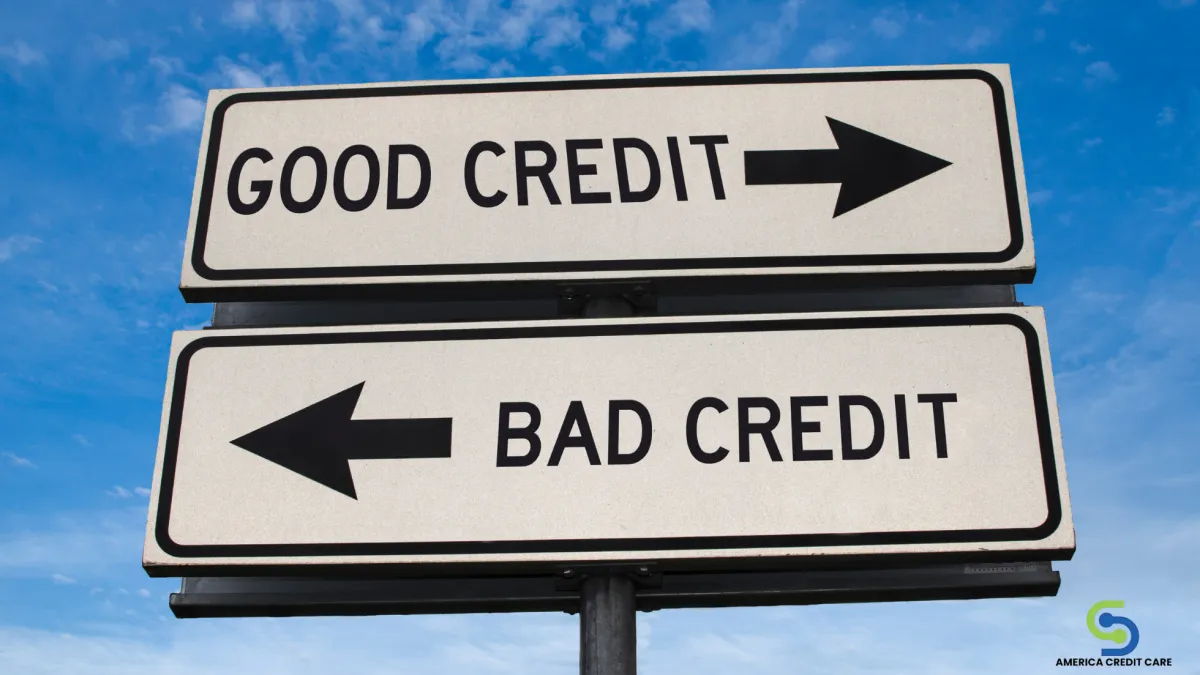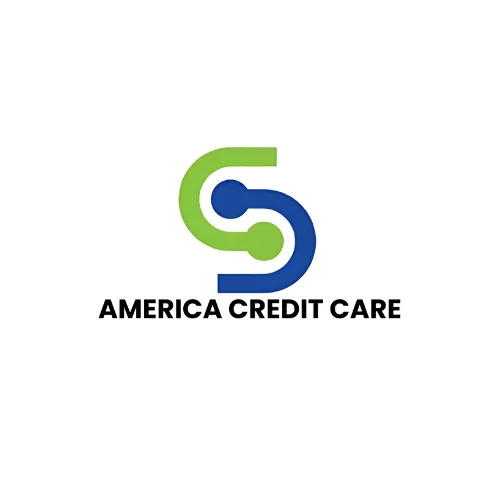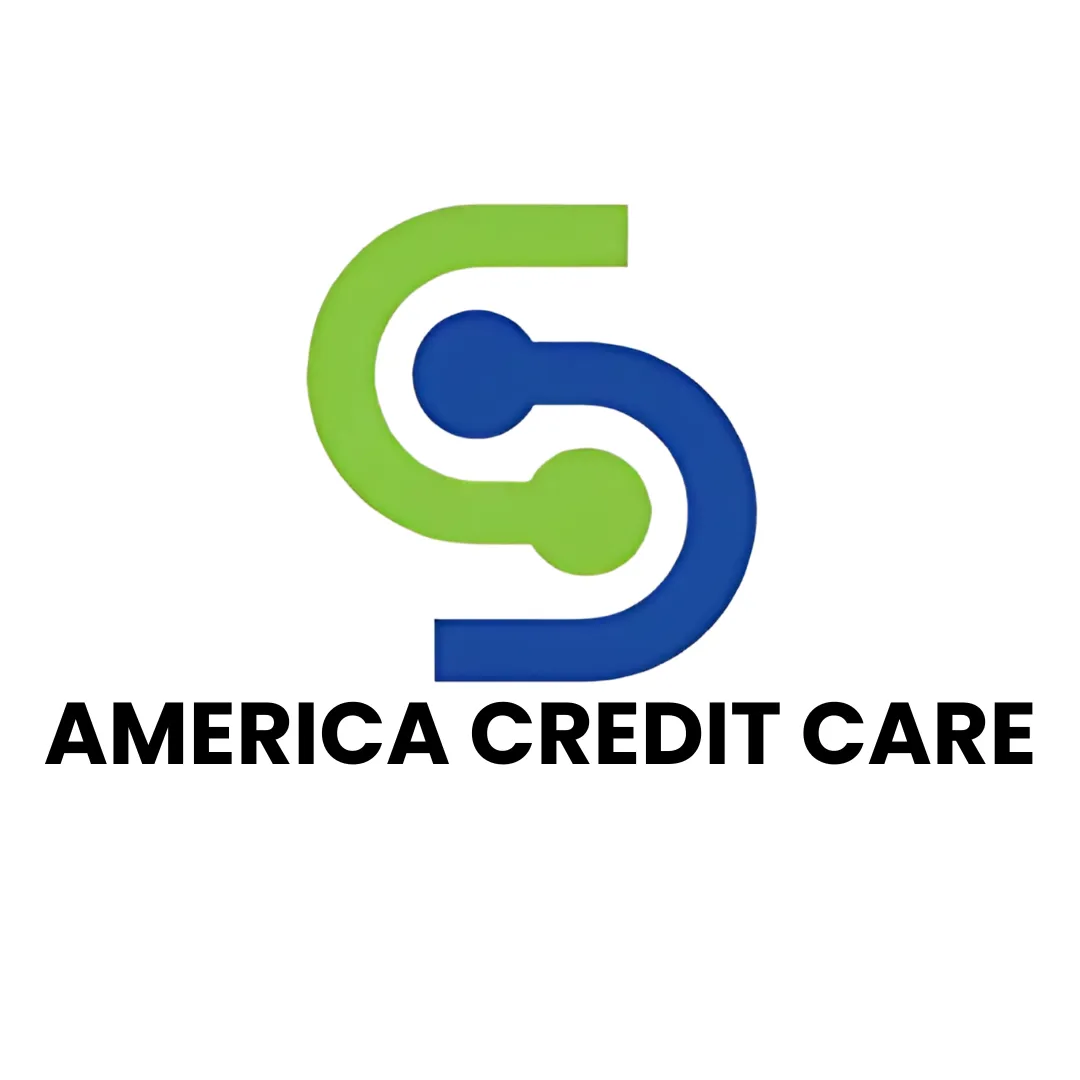Blog
Contact Us
At Credit Care of DMV, we don’t just repair, but also educate people about credit so that they never find themselves in that same situation in life.

Does Disputing Credit Report Errors Hurt Your Credit Score
Merely filing a dispute with the three national credit bureaus (Experian, TransUnion, and Equifax) will not directly improve or hurt your credit score in the long run.
The credit bureaus encourage consumers to point out errors. They want the financial and personal information they hold about you to be accurate.
So, penalizing consumers for trying to correct erroneous information or inaccurate derogatory marks is counterproductive.
How Disputing Errors Can Lead to a Higher Score
While the act of disputing incorrect personal information or negative items doesn't hurt or improve your score, a successful dispute can increase your credit score by several points.
For instance, if a late payment, foreclosure, or charge-off was incorrectly reported and you have the negative mark removed by filing a dispute, it will no longer be considered to calculate your score. So, your credit score is likely to increase.
The Possibility of a Temporary Score Change
In some cases, you might notice a temporary increase in your credit score while a derogatory item like a missing payment or charge-off is under dispute.
This happens because, in some cases, items that are being actively disputed (compliance condition code (CCC XB)) are temporarily ignored for credit score calculation. The compliance code also helps inform lenders that the negative mark is under review.
By the end of an investigation, if the credit bureau ascertains that the information is accurate, that temporary increase in your credit score will likely disappear, and your score will revert to where it was before the dispute.
Is There a Possibility of Negative Impact?
In (extremely) rare cases, if an account is removed entirely (one that was helping your credit), it could shorten your credit history or increase your utilization ratio. This could lead to a drop in your credit score.
What Kind of Information Can You Dispute?
You have the right to dispute nearly any aspect of your credit report if you have reasons to believe it's inaccurate. This includes:
Derogatory marks: Incorrectly reported late payments, missing payments, credit inquiries, charge-offs, repossessions, foreclosures, medical collections, bankruptcies, etc.
Fraudulent items: Accounts or activities that resulted from fraud or identity theft. An unfamiliar loan or credit card could be a sign of credit fraud. Be sure to check whether the entry isn’t simply using a parent company’s name, initials, or an acronym that differs from the name you’re familiar with. For instance, a retail credit card might be listed under the name of the financial institution or bank that issues and manages the card.
Duplicate entries: The same account appears multiple times, which can sometimes happen with accounts in collections.
Personal information: Disputing incorrect personal information (name, address, birth date, or Social Security number) doesn't directly affect your credit score (this information isn't used in score calculation). But correcting erroneous personal information is still important for accuracy.
Should You Hire Professional Credit Repair Services?
If anything on your credit report looks off, don't hesitate to question it.
While you can dispute errors independently, the process can often feel overwhelming and time-consuming.
Reputable credit repair companies that adhere to the Credit Repair Organizations Act (CROA) offer comprehensive credit repair services specifically designed to assist individuals dealing with poor credit.
Skilled professionals at AMERICA CREDIT CARE, for instance, bring the tools, domain expertise, and tried-and-tested strategies needed to help you effectively improve your credit score.
What Happens After You File a Dispute?
The exact process might vary slightly between the three credit bureaus, but generally, it involves the following steps:
Collect Evidence: Gather any documents that support your claim that the information is inaccurate. This could be payment records, account statements, or even identity theft reports.
Send a Dispute Letter: Send a letter to the credit bureau via certified mail; outline the specific item you're disputing and include supporting evidence. You can also file disputes online.
Wait for Investigation: The credit bureau has a set time frame (usually around 30 days) to investigate your claim. They will typically contact the original creditor or the entity that reported the information.
Review the Results: The credit bureau will notify you of the outcome of their investigation, usually within five days after they finish. This notification will detail whether the disputed item was removed, updated, or remains unchanged.
Check Your Credit Report: After the dispute is resolved, take a look at your updated credit report to see the changes.
Regularly check reports from all three major bureaus for inaccuracies. Make it a habit to collect documents like bank statements, agreements, and letters from creditors to support your claim.
What If Your Dispute Doesn't Go Your Way?
It can be frustrating if you dispute an item and the credit bureau concludes that the information is accurate. But you have options:
Reach out to the lender (or data furnisher) directly: Contact the company that reported the information and try to resolve the discrepancy with them.
Re-file your dispute with the credit bureau: If you have new evidence or additional documentation that you didn't include in your initial dispute, you can try again.
Add a statement of dispute to your credit report: You can include a note on your credit report explaining that you disagree with a particular item. This statement will be visible to anyone who views your credit report.
You can file a complaint with the Consumer Financial Protection Bureau (CFPB). Persistent errors may require legal action.
Final Words
Don't wait too long. Address credit report errors as soon as you spot them. The long-term benefits of correcting errors far outweigh any minor inconveniences.
Your credit report is your financial story. Don’t let errors or incorrect derogatory marks tell the wrong tale.
We at AMERICA CREDIT CARE are here to help if you require dedicated credit repair services.
LET'S TALK
Get in Touch.
Thank you for your interest in Credit Care of DMV. Please use the contact form to tell us about your inquiry and/or needs. We look forward to partnering with you.

Office
NMLS ID 2423540
16701 Melford Blvd
Ste 400
Bowie, MD 20715

Email Us

Phone Support
+1 (240)-347-5995- Calls
+1 (240) 376-2552 - Text
Need help?
Don't hesitate to contact us.

We have many years of experience in evaluating credit and guiding consumers to assert their legal rights. We do it every day! We guarantee honesty and dependability, virtues which most people seem to have forgotten.
FREE DIY Credit Repair Toolkit!
Signup for our DIY Credit Repair Toolkit! Also get updates, promotions, news & insight about finance.
Copyright ©2026 America Credit Care. All rights reserved. Powered by WebbArtt Solutions
Legal Notice
NMLS # 2423540
Term of Use
Privacy Policy
Cookie Policy

We have many years of experience in evaluating credit and guiding consumers to assert their legal rights. We do it every day! We guarantee honesty and dependability, virtues which most people seem to have forgotten.
Copyright © 2026 America Credit Care. All rights reserved. Powered by WebbArtt Solutions









